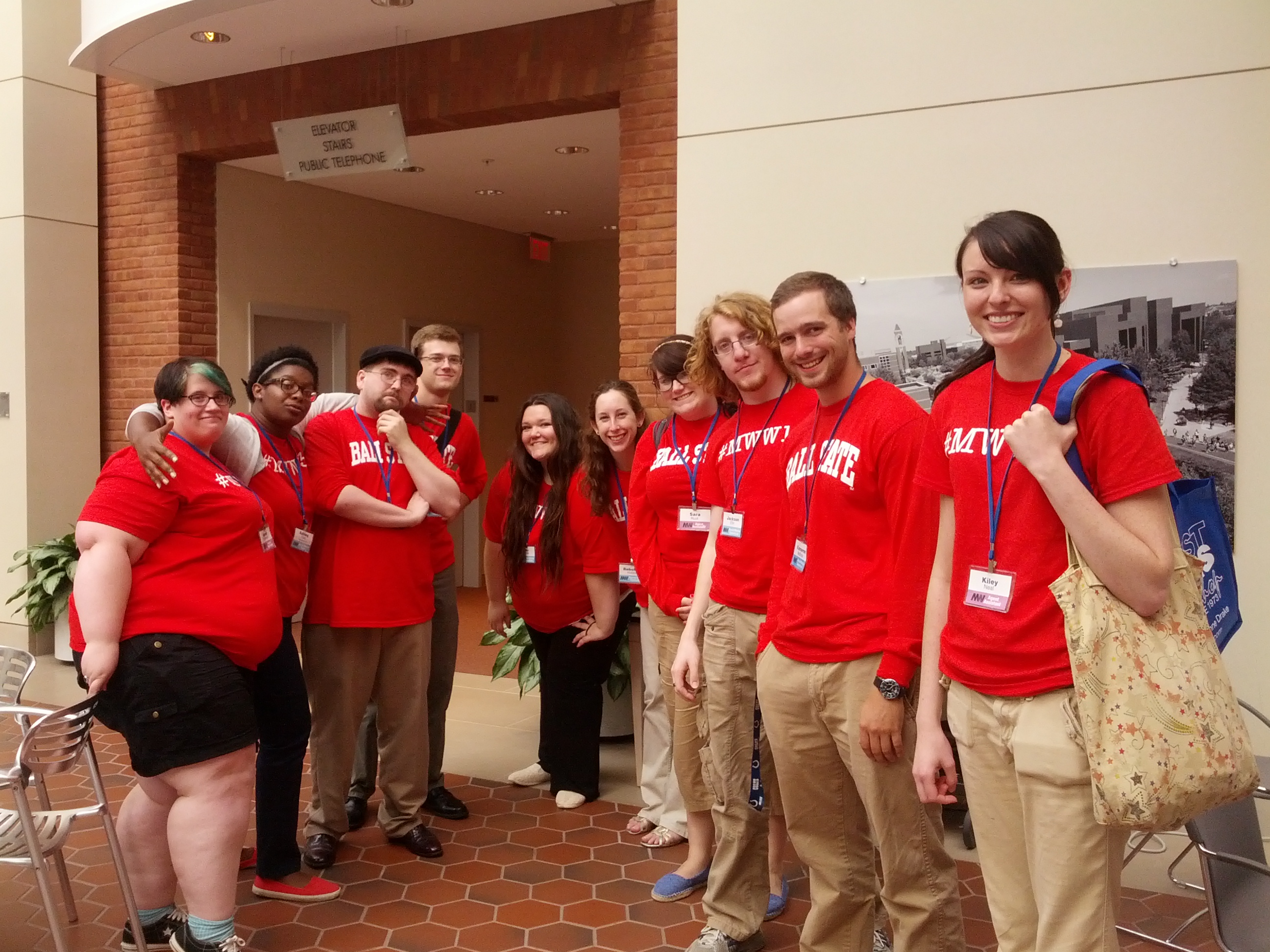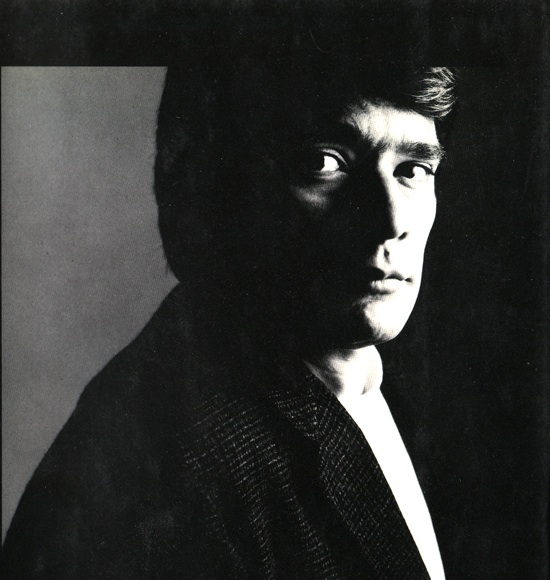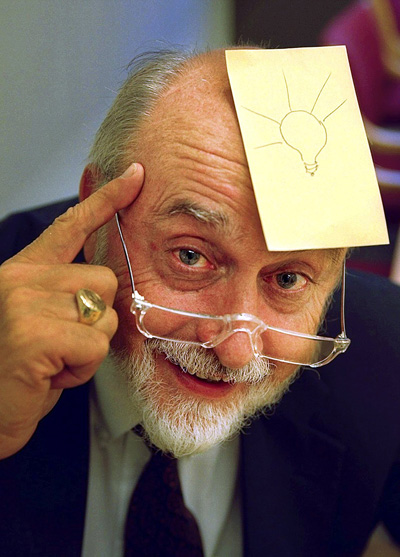
At the end of the semester, I write a post which functions like a “last lecture” to my students. Here’s one on that perennial question, “Am I a writer?” And here’s another on “What matters more: story or sentences?” Given that one of my classes was mentioned yesterday on Salon.com, I thought I’d focus this semester’s last lecture on the topic of literary citizenship and why I teach it.
What comes next?
I’ve always done a last lecture, even before I had a blog.
For 15 years, I’ve ended my creative writing classes by showing students how to submit work to literary magazines. This is nothing special; lots of creative writing teachers do this. You bring in a huge stack of magazines, show students how to research where to send their work, how to write a cover letter, how to keep track of submissions, how to deal with the inevitable rejections.
I showed students my rejections. I showed them bad cover letters (names redacted) that I’d swiped from a friend who edited a literary magazine. I talked about how long it can take to place a story—months or years. I ended by saying, “If you want to be a writer, this is the next step you need to take.”
Generally, I got three types of reactions:
- Some students got excited about the process of taking the next step.
- Some freaked out. They said, “Why didn’t you tell us this sooner? We should have been doing this the whole time!”
- Some students zoned out.
I want to talk about these three types of students.







